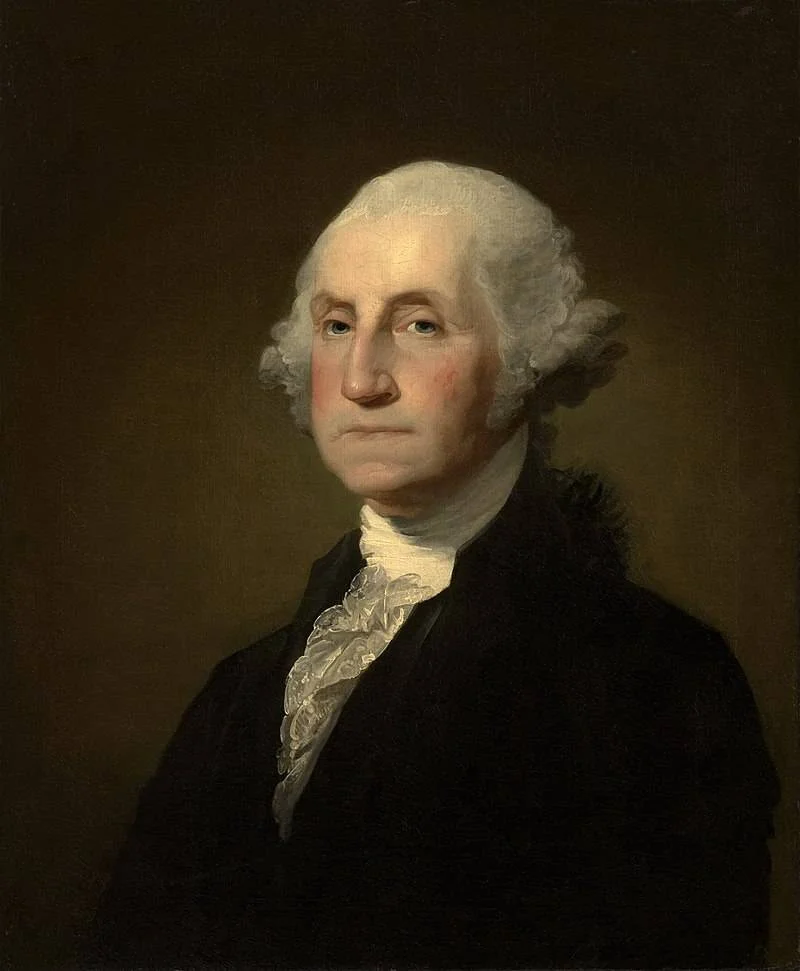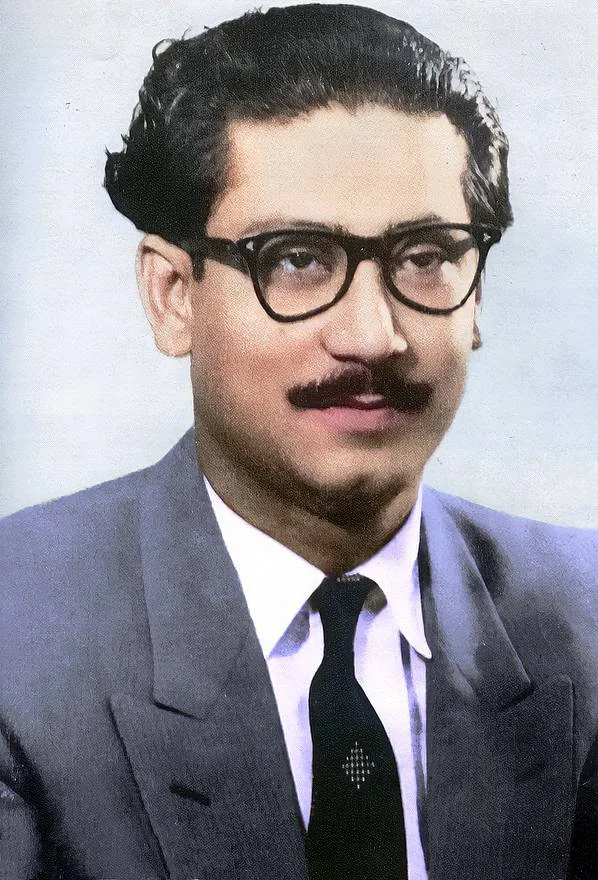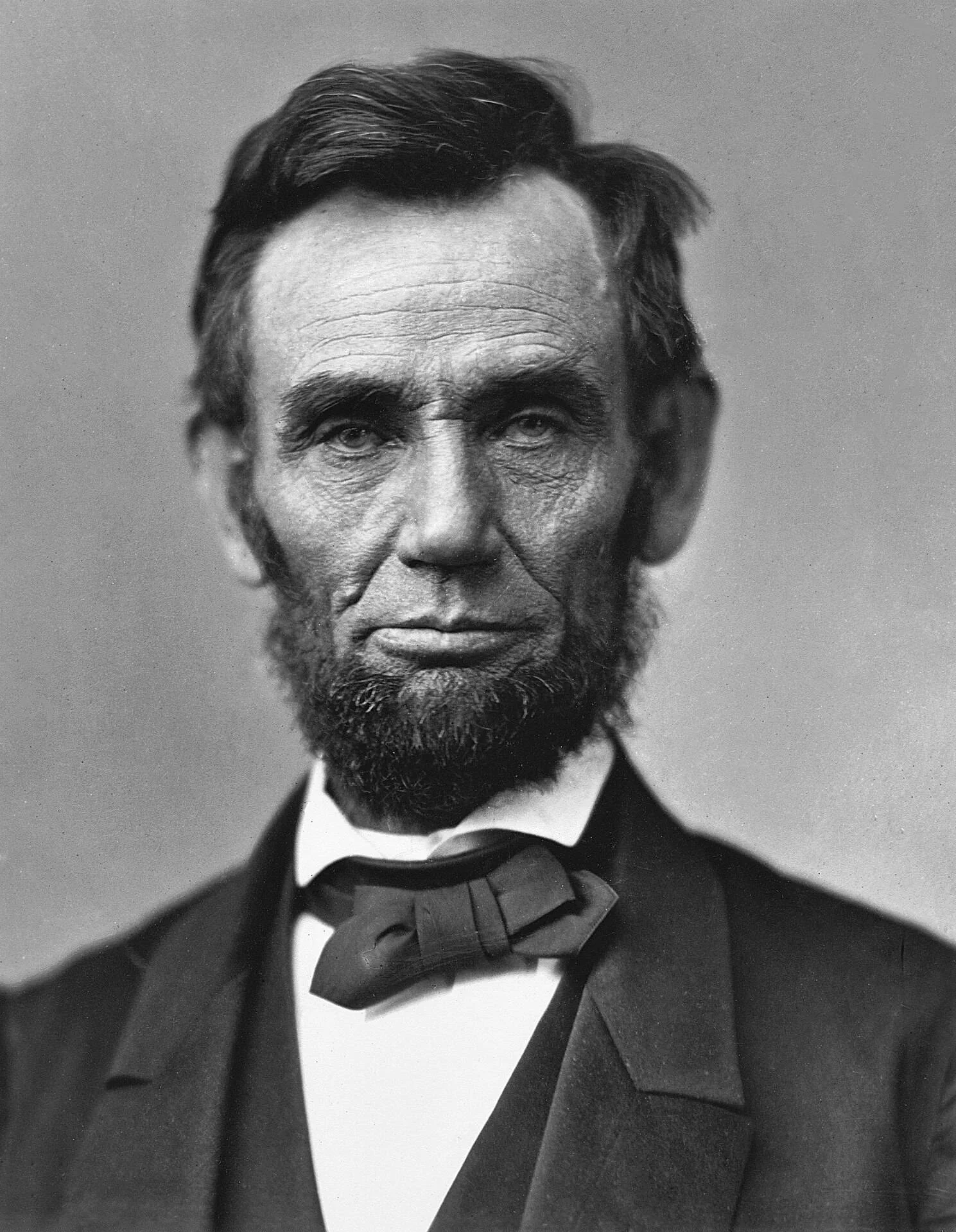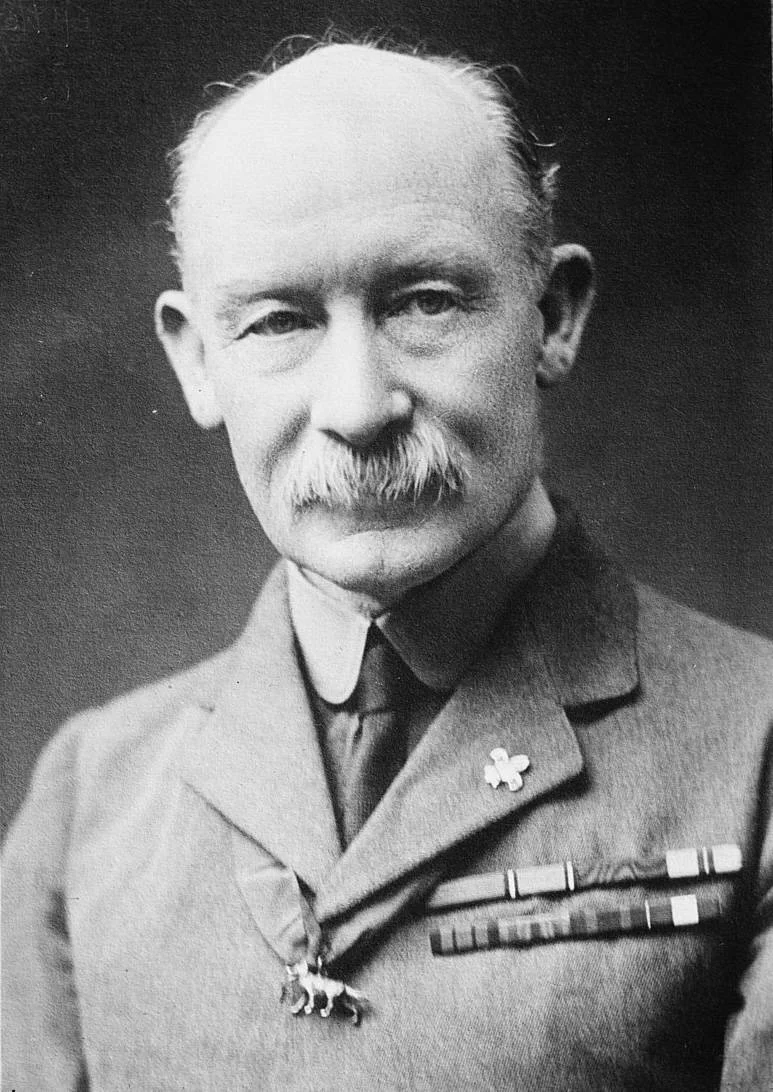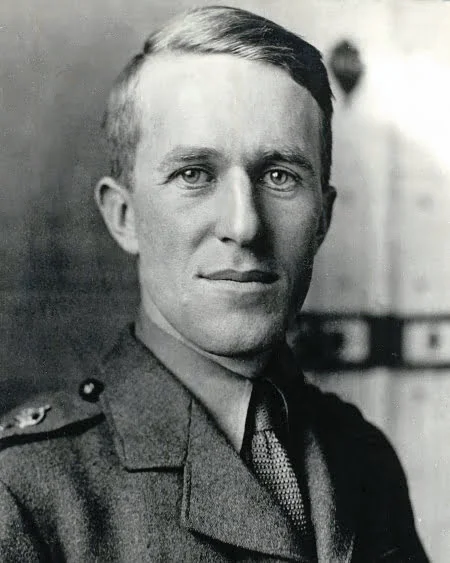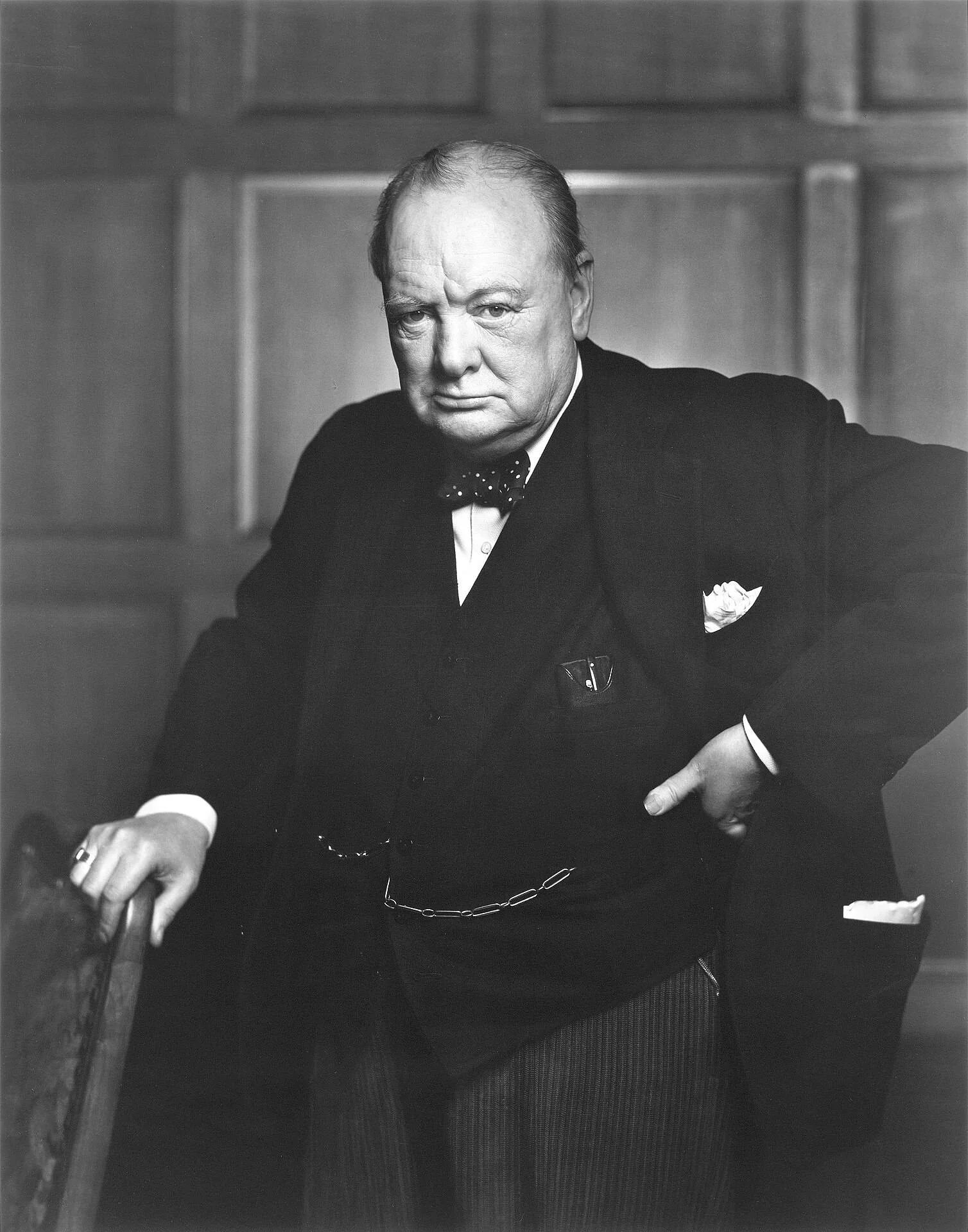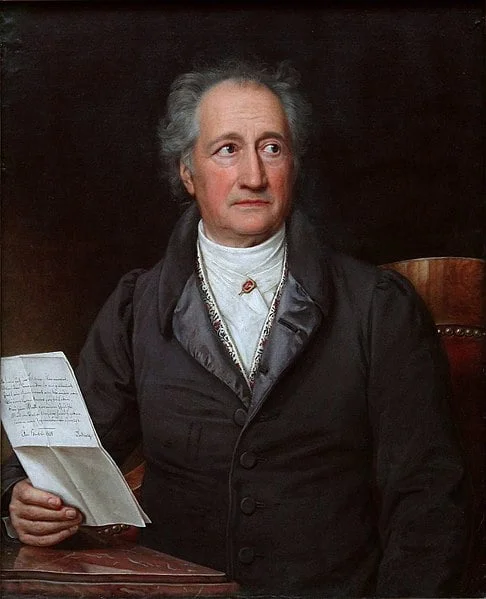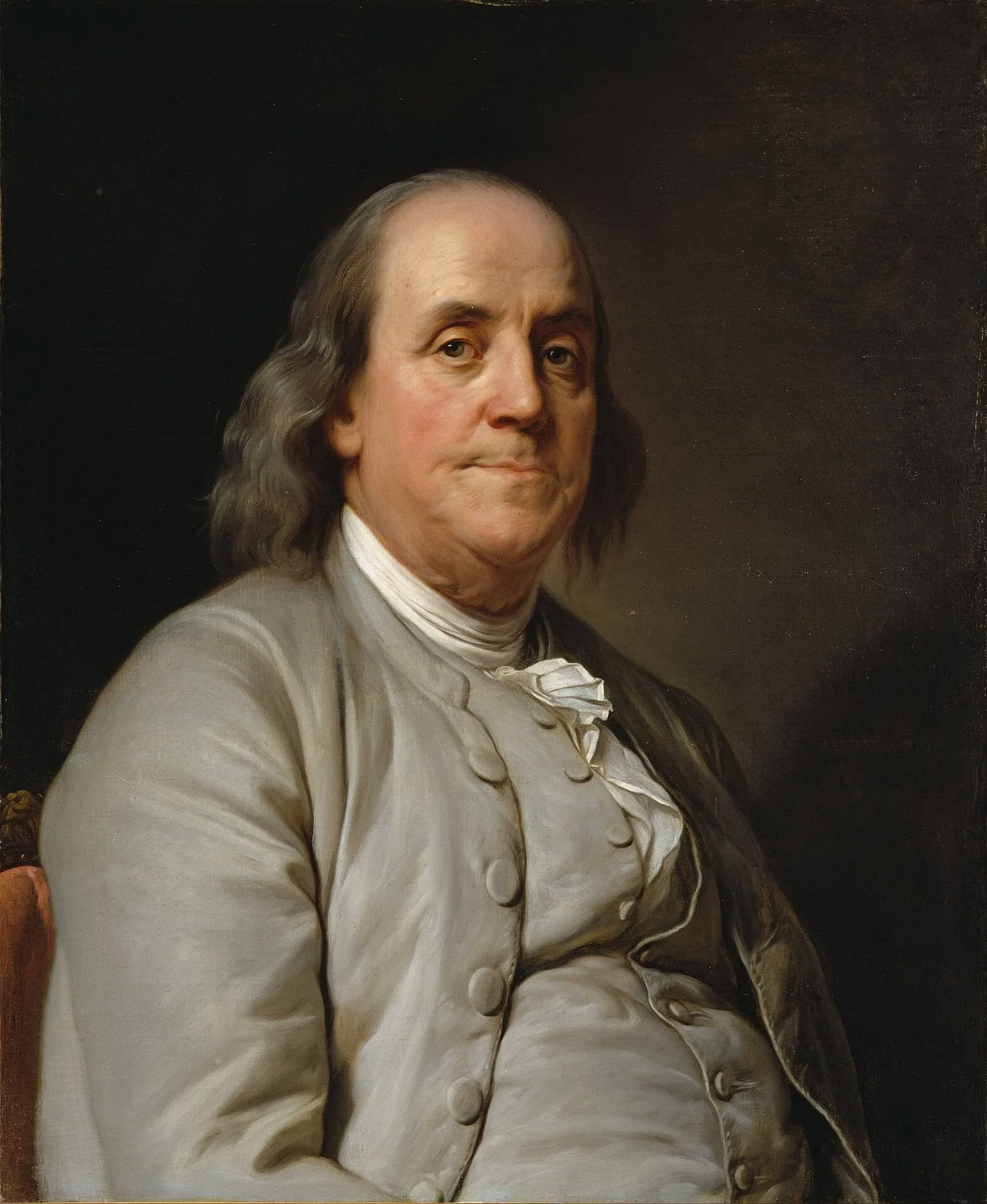Real Celebrities Never Die!
OR
Search For Past Celebrities Whose Birthday You Share
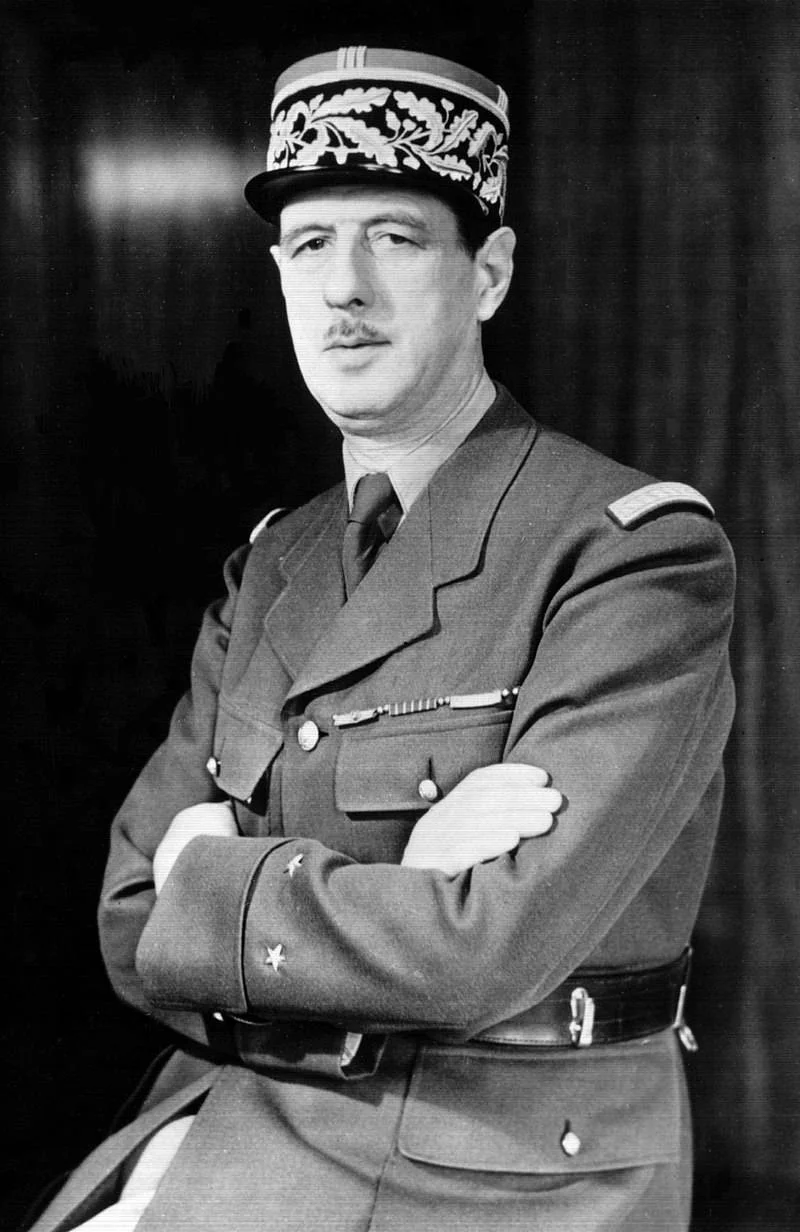
source: wikipedia.org
Charles de Gaulle
Birthday:
22 Nov, 1890
Date of Death:
09 Nov, 1970
Cause of death:
Aneurysm
Nationality:
French
Famous As:
Army officer
Age at the time of death:
79
Charles de Gaulle's Quote's
Early Life and Military Career
Charles de Gaulle was a French state and military leader who played a prominent role in shaping France’s history. He was born in 1890 in Lille into a patriotic family. He was passionate about joining the military from a young age and this trait later defined his career. Charles graduated from the Military Academy of Saint-Cyr and joined the French Army in 1912 as a young officer. He served under the tutelage of Colonel Philippe Petain during World War I and was captured by Germany.
Intellectual Contributions and “Vers l’armée de métier”
Charles’ intellect and analytical mind was evident in his works. His seminal book “Vers l’armée de métier” argued for a highly mobile and mechanized force which was a concept rejected by the French military but it was adopted by the Germans who incorporated his ideas into their strategies during World War II.
Resistance During World War II
When France was being occupied by Nazi Germany, de Gaulle refused to accept defeat and fled to England where he broadcasted a rallying cry to his countrymen to resist the German occupation. This helped them garner support from the French colonies and allied forces.
Leadership of the Free French Forces
Charles de Gaulle led the Free French Forces during World War II against Nazi Germany and became known as one of the leaders of the Resistance. He also headed the Provisional Government of the French Republic from 1944 to 1946. During his leadership, he established a new constitution that created the Fifth Republic which was a semi-presidential system that provided him with considerable powers as president.
Presidency and Challenges
He also served as President of France from 1959 to 1969. He faced many challenges during his presidential reign. His reign focused on independent foreign policy, withdrawing France from NATO’s military command, and developing a nuclear deterrent. He also granted independence to Algeria which was initially an unpopular decision but one which showcased his commitment to resolving long-standing conflicts.
Final Years and Retirement
Charles de Gaulle spent his final years in retirement at his home in Colombey-les-deux-Églises. He focused on writing his memoirs during this time.
Death and Legacy
On November 9, 1970, de Gaulle died suddenly from an aneurysm at the age of 79. His death marked the end of an era in French politics. De Gaulle left behind a lasting legacy as a wartime hero, statesman, and the architect of France’s Fifth Republic. He shaped modern France and its role in the world. Many French political parties and leaders still claim to follow his ideas. De Gaulle remains a symbol of French pride and independence. His influence on French politics and society continues to be felt even today.
Name:
Charles de Gaulle
Popular Name:
Charles de Gaulle
Gender:
Male
Cause of Death:
Aneurysm
Spouse:
Place of Birth:
Lille, France
Place of Death:
Colombey-les-Deux-Églises, France
Occupation / Profession:
Personality Type
Architect: Charles de Gaulle was a very driven individual who was focused on his goals.
Charles de Gaulle was a prisoner of war during World War I.
He received Poland’s highest military honor for his service.
He served under the Secretary of State for War during World War II.
He survived an assassination attempt in 1962 when he and Yvonne were shot at while in their limousine.
He was sentenced to death for treason for opposing Pétain’s Vichy government.
Charles de Gaulle was awarded the Grand-Croix of the Légion d’honneur in 1945.
He was appointed Chief Commander of the US Legion of Merit in 1945.
He was awarded a Commemorative War Medal.
He was awarded Grand Master of the Ordre de la Libération.
He was awarded Silver Cross of the Virtuti Militari of Poland in 1920.
He was awarded the Grand Cordon of the Order of the Dragon of Annam.
He was awarded the Medal for the War Wounded.

